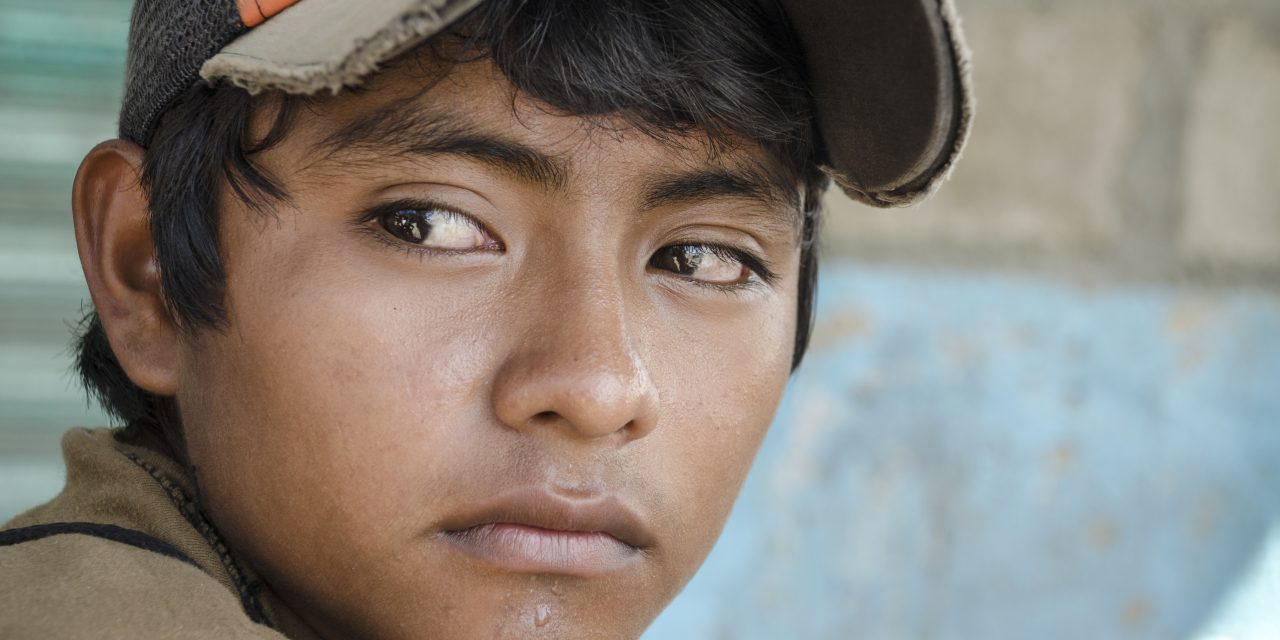On Monday, the Ninth Circuit Court of Appeals heard arguments in C.J.L.G. v. Whitaker, a case that addresses whether children facing deportation have the right to a court-appointed attorney. Currently, immigration courts order unrepresented children deported despite the potential life-or-death consequences of these cases.
C.J. fled Honduras when he was 13-years-old after he was held at gunpoint and threatened with death if he did not join a gang. He came to the United States with his mother but was put into removal proceedings in immigration court on his own.
In 2015, C.J. had a hearing in front of an immigration judge. Although the government was represented by a trained prosecutor, C.J. had no attorney to represent him because he could not afford one.
C.J. attempted to apply for asylum, but without help from an attorney, he gave the judge an application that was incomplete and incomprehensible. Although there were indications that C.J. was eligible for another type of relief from deportation called Special Immigrant Juvenile Status, no one at the hearing told him he could apply. Instead, the immigration judge ordered C.J. deported.
With the help of attorneys, C.J. later appealed his case to a federal court. He explained that the immigration court violated his constitutional right to due process, because children cannot receive fair immigration hearings without an attorney.
A panel of three judges on the Ninth Circuit Court of Appeals heard the case. Despite the problems C.J. faced, the court found that children like C.J. are not entitled to legal representation in immigration court and upheld the decision ordering him deported.
But earlier this year, the full Ninth Circuit court voted to withdraw that decision and reconsider the case in front of an 11-judge—or en banc—panel. The court rarely rehears cases en banc.
C.J. is now represented by the ACLU, the American Immigration Council, the Northwest Immigrant Rights Project, and Public Counsel.
Each year, thousands of children are forced through the immigration court system without legal help, while the government is always represented by a trained attorney arguing for their deportation. Forcing kids to represent themselves in hearings that require an understanding of the country’s complex immigration laws is not only unconstitutional, it is absurd. The Ninth Circuit Court of Appeals now has the chance to reconsider whether immigrant children like C.J. should continue to face this patently unfair system.
FILED UNDER: C.J.L.G. v. Whitaker, featured, Ninth Circuit, Special Immigrant Juvenile Status


